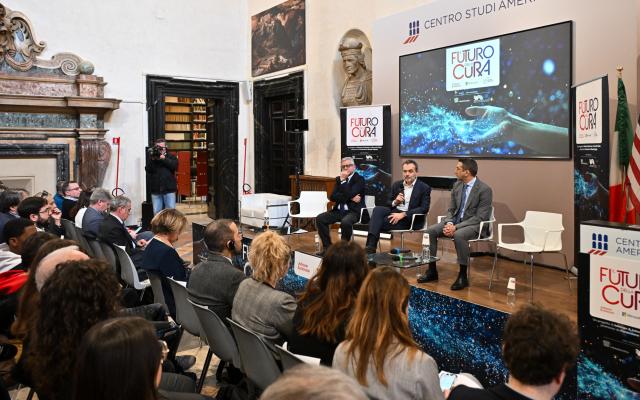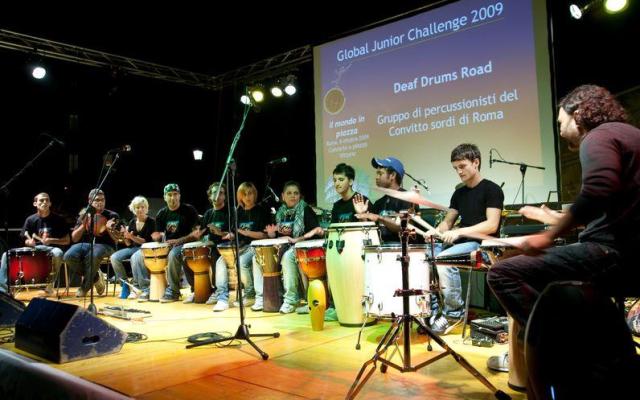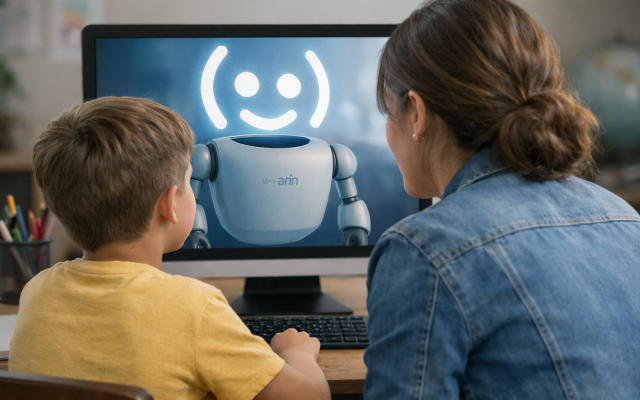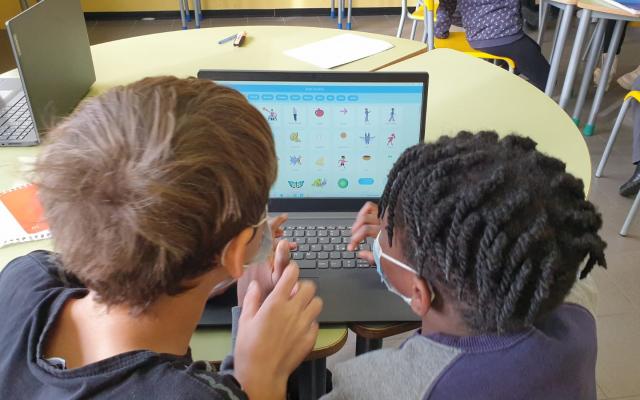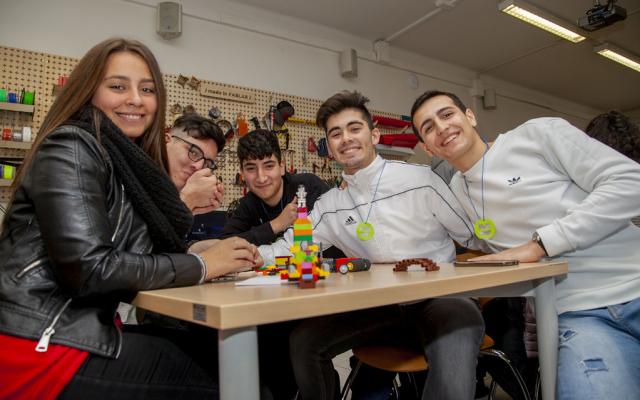Smart & Heart Rome: final event of the three-year programme.
Parents, grandparents, teachers, representatives of institutions and universities, and above all the students of the eleven schools that participated in Project Smart & Heart Rome participated in the final event of the project at the Rome Città Educativa where it all began. The students and teachers were enthusiastic about holding labs and exhibition and presenting all the prototypes they worked on for the past three years [see news: Suburbs Are Changing Cities].
From the drone flight filed at the Rome Liceo Edoardo Amaldi (Tor Bella Monaca) developed together with researchers from the Department of Engineering at the University of Rome Tor Vergata to psycho-physical well-being monitoring technology developed by students at the Giorgi-Woolf School with the “MedTech” Medicine and Surgery degree and Biomedical Engineering degree programme at the Campus Bio-Medico University of Rome. The Liceo artistico Enzo Rossi used technology to develop ethical and intelligent clothing in collaboration with the master’s in Fashion Studies at Sapienza University of Rome.
Let’s take a look at all the experiences. The Fab Lab hosted a lab on AI and community sustainability with the Istituto comprensivo Fratelli Cervi and the Liceo Keplero di Corviale and the support of the Department of Computer, Automation, and Management Engineering at Sapienza University of Rome. The Immersive Lab presented an experience on cultural heritage sustainability and mixed reality with the Istituto Carlo Urbani di Ostia and the support of the Department of Engineering at the University of Roma Tre. Smart stations and coding to assess environmental quality were demoed at the Game Lab with the Istituto comprensivo Montessori and the Matteucci Technical School from the Tufello, together with the Department of Physics at Sapienza University of Rome. Agricultural sensors were presented by the Istituto Einstein Bachelet from Primavalle with the Department of Economics, Engineering, Society, and Enterprise at the University of Tuscia.
The morning ended with presentation of school awards and the screening of the “Smart & Heart Rome docu-video. The challenge of equality between the centre and suburbs, produced by video maker Francesco Faralli, is available in full length and in a shorter version.
“Smart & Heart Rome has been a flagship for the City of Rome, and we would like to repeat it because innovation must permeate education acting as a lever to allow students to express themselves at their best and orient themselves towards the future,” commented Riccardo Corbucci, President of the “Roma Capitale” Technological Innovation Commission.
“Walking into the Innovation Gym on Via del Quadraro, today, made me feel as if I were of a leaping into the future, into a context full of opportunities and where technological innovation contributes to contrasting school dropout and inequality between areas. We need to strengthen collaboration and share experiences for common growth,” said the President of Municipality VII, Francesco Laddaga, who presented the school awards.
Thanks to the educational networks with universities, various PCTO courses were developed addressing the challenge of holistic sustainability:
- Environmental Sustainability in Tor Bella Monaca: in collaboration with the Department of Civil Engineering and Computer Engineering at Tor Vergata University, ESA, and SAP, projects were developed to measure air pollution with drones and sensors.
- Fashion Sustainability in Casal Monastero: in collaboration with the master’s in Fashion Studies at Sapienza University of Rome and in synergy with Fashion Digital Night, clothes and accessories were produced with sustainable, recycled materials and low-waste and low-cost techniques.
- Sustainability of Cultural Heritage in Ostia: in collaboration with the Engineering Department at Roma Tre University and in synergy with the Archaeological Park of Ostia Antica, a virtual tour was created with interactive pop-ups and games to promote, use, and recover certain areas of the archaeological park.
- Sustainability of Learning Environments in Municipality III: in collaboration with the Department of Physics at Sapienza University of Rome, intelligent stations were created to measure the acoustic and luminous state, the air quality, and the internal temperature of the classroom to explore the correlation between the well-being and sustainability of individuals and that of the environment.
- Individual Sustainability in Municipality V: in collaboration with the MedTech' Medicine and Surgery and Biomedical Engineering degree course at the Campus Bio-Medico University of Rome, students monitored physiological parameters (heart rhythm, pupil dilation, etc.) to investigate the ability to perform under stress, at school or at work, and understand the limits and possibilities of the human body.
- Artificial Intelligence for Local Sustainability in Municipality XI: in collaboration with the Department of Computer, Automation, and Management Engineering at Sapienza University of Rome. Students were involved in an innovative pilot course to explore the potential of artificial intelligence as a key tool to address challenges related to the local sustainability.
- Environmental Sustainability for Agriculture in Municipality XIV: in collaboration with the Department of Economics, Engineering, Society and Enterprise at the University of Tuscia. Students were involved in an innovative pilot course on the development of a sensor system to monitor air quality and study the growth and well-being of the surrounding vegetation.
I NUMERI DEL PROGETTO
- 7 sustainable Innovation Gyms (7 hub + 4 satellite gyms)
- 1 Integrated activity plan for the Rome Città Educativa
- 4 new courses for the Città Educativa catalogue
- 60,000 new targets involved in phyrtual (physical and virtual) labs
- 50 synergic smart city projects (social and civic innovation)
- 8 universities providing orientation activities
- 50 local partners
- 3000 workshops
- 12,000 hours of training
- 50 coaches and tutors
- 10 original educational products produced by the Rome Città Educativa
- Over 500 mentions in the press
The report on yesterday’s event at the Innovation Gym was produced by Onelia Onorati.

